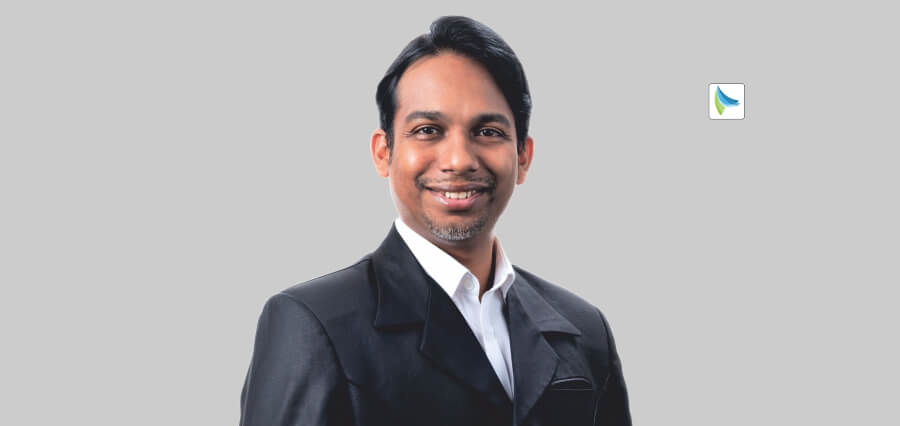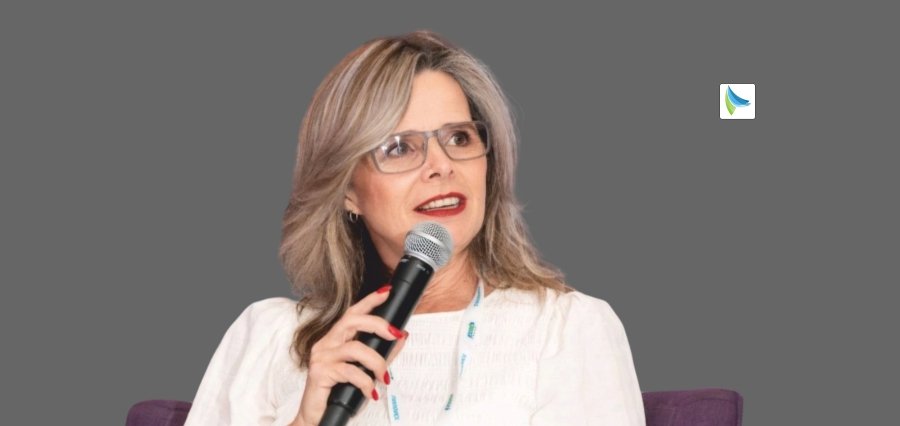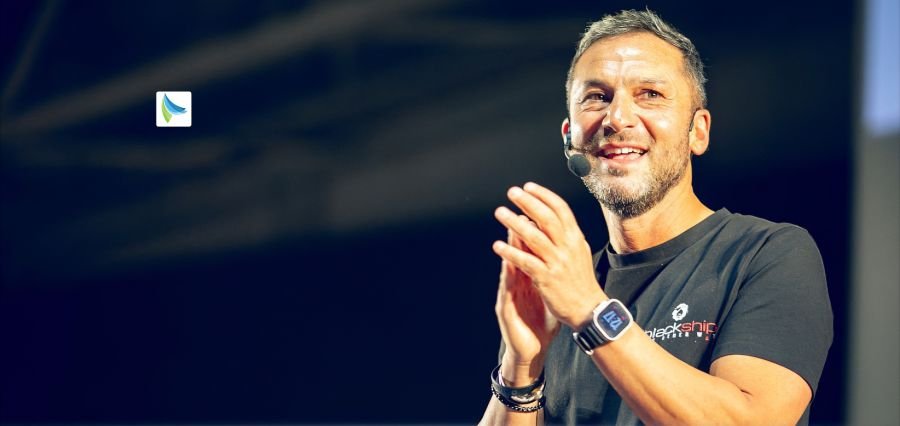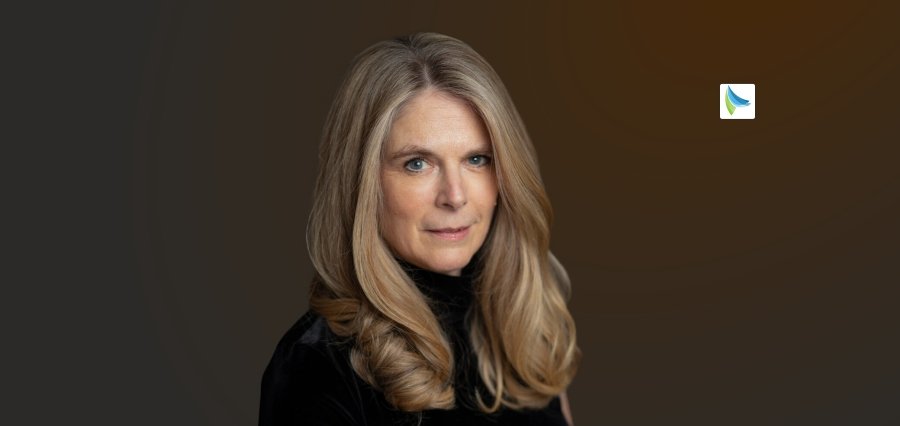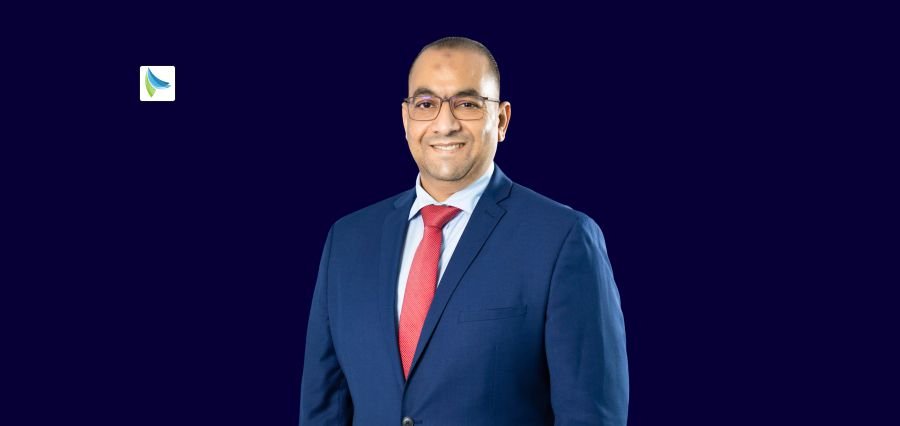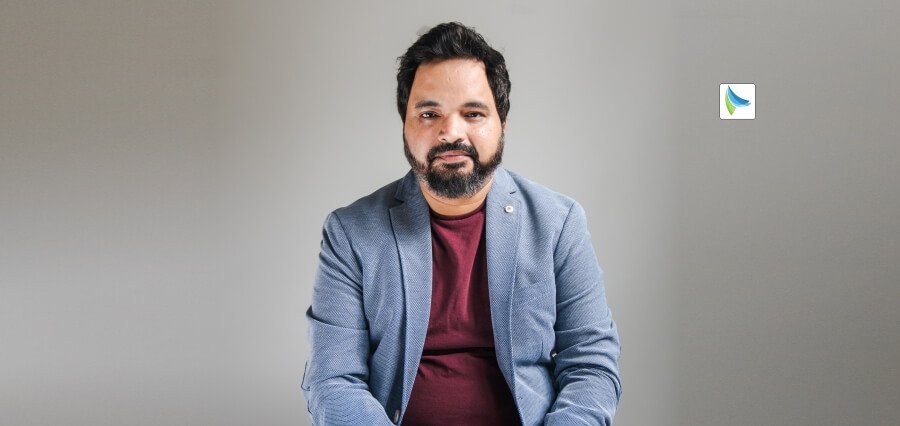The realm of finance is easy if you learn to look beyond the numbers. Numbers do tell a story to every adept listener like Dr. Bumal Murchoyea, Cluster Director Finance of West Europe, at DP World. Especially, the world of global logistics is a high-speed, high-stakes domain where billions of dollars hang on the seamless movement of goods across oceans and continents. For over two decades, Dr. Bumal has been at the epicenter of this financial maelstrom. He has not been functioning in just one role during the last three years and five months at this leading company in the field. Instead, it is a demanding, full-scope experience that he occupied leadership roles in Finance, Projects, Compliance, and Legal.
This expansive, action-oriented perspective across a variety of roles developed a unique and critical capability to manage potential solutions across all challenges, from a minor budget discrepancy to the ongoing and complex legal issue. Today, Dr. Bumal Murchoyea has a full understanding of the numbers, the contracts, the regulations, and operational risks behind every cargo container and the expansion of a port.
Learning the Language of Business
At the beginning of it all, what inspired Dr. Bumal Murchoyea most was the desire to truly understand how businesses create value — not only from a financial standpoint but from an operational, strategic, and human one. “Early in my career, I realized that finance is more than numbers; it’s the language of the business,” he shares. But to speak it fluently, one must understand the ecosystem around it — audit teaches discipline and control, compliance brings governance, legal sharpens judgment, and finance drives performance.
Pursuing a multidimensional path wasn’t accidental; it was intentional. Each discipline added a new lens through which Dr. Bumal Murchoyea could view decision-making. Over time, this breadth helped him connect the dots between strategy, people, and execution. This ability became essential as he moved into leadership roles within logistics and freight forwarding, where the environment is fast-moving, complex, and deeply interlinked.
Today, he sees this diversity of experience as a real strength. “It allows me to balance ambition with accountability — ensuring that growth, innovation, and governance move together, not in isolation,” he adds.
Perfecting the Integrated Symphony
Revealing his evolving personality, Dr. Bumal Murchoyea says that finance taught him the importance of precision, performance, and value creation. Compliance, on the other hand, taught him the importance of integrity, accountability, and trust. Together, they’ve shaped a leadership philosophy built on clarity, consistency, and credibility.
In finance, every decision has an impact — on people, on results, on reputation. In compliance, every action has a consequence. Balancing these two worlds made him realize that great leadership is not about control, it’s about alignment: aligning strategy with ethics, ambition with discipline, and innovation with governance.
In his current role, Dr. Bumal Murchoyea tries to instill this mindset across teams — empowering people to make bold, data-driven decisions while maintaining a strong sense of responsibility. Growth is meaningless if it’s not sustainable and governed properly. “My goal is to build a culture where financial excellence and ethical leadership are not trade-offs, but complementary forces driving long-term success.”
At DP World, Dr. Bumal Murchoyea and his team’s financial strategy is not designed in isolation — it’s deeply integrated with the Group’s vision to enable smarter trade and create resilient supply chains. As Cluster Director Finance, his role is to ensure that every financial decision — from budgeting and investment to performance management — supports that mission across all their freight forwarding and logistics operations in Europe.
Practically, this means translating global ambitions into measurable local actions: improving gross profit margins, driving productivity, and ensuring that their growth — whether through new branches, acquisitions like Herport, or product diversification — is both profitable and sustainable.
They achieve this alignment through strong governance, transparent reporting, and continuous dialogue between finance and operations. The objective is simple: to ensure that their regional strategies not only deliver local performance but also contribute meaningfully to DP World’s global transformation into an integrated logistics powerhouse.
Tech-Powered Predictive Intelligence
Also, according to Dr. Bumal Murchoyea, AI and automation are no longer futuristic tools — “they are reshaping how we lead, decide, and perform today.” In finance and freight forwarding, data used to describe the past; now, it predicts the future. With the integration of AI, his teams are moving from reactive reporting to predictive intelligence — forecasting freight rates, identifying cost leakages, and improving productivity before issues even surface.
For example, automation has streamlined month-end closings and data consolidation across multiple countries, freeing people to focus on insights rather than manual reconciliation. AI-driven analytics now allows them to simulate scenarios, assess profitability per trade lane, and make faster, more informed decisions that directly impact gross profit and EBIT performance.
Ultimately, technology amplifies human judgment. Dr. Bumal Murchoyea’s philosophy is to combine human intuition with machine precision — using AI not to replace decision-making, but to enhance it, enabling finance to act as a strategic partner to the business rather than just a reporting function.
Analytics―the Backbone of Decision-making
He further believes that analytics is the backbone of modern decision-making. In today’s fast-moving business environment, data allows leaders to move from instinct-based to intelligence-based decisions. He uses analytics not only to measure performance but to anticipate change — identifying trends, inefficiencies, and untapped opportunities before they become visible on the P&L.
“By integrating operational and financial data, we can assess profitability by customer, product, or route in real time,” adds Dr. Bumal. This level of visibility highlights where margins are eroding, where productivity is strong, and where resources need to be redeployed. It also allows them to simulate “what-if” scenarios — for example, testing the impact of rate fluctuations, cost movements, or volume shifts on their bottom line before taking action.
For Dr. Bumal, analytics is not about building more reports; it’s about building clarity. It gives leaders the confidence to make faster, fact-based decisions and empowers teams to act with purpose. The goal is simple — to turn information into foresight and foresight into sustainable growth.
Conquering Complex Challenges
Reflecting on his leadership journey, the most complex financial challenge, Dr. Bumal Murchoyea says he faced was managing rapid growth while maintaining profitability and control. Growth is exciting, but it also tests every part of an organisation — systems, people, governance, and cash flow. When revenue scales faster than infrastructure, the risk of inefficiency and cost leakage increases exponentially.
To address this, he had to strike a balance between ambition and discipline. He recalls, “We redesigned financial processes, integrated performance dashboards, and linked business KPIs — such as productivity, gross profit per FTE, and cost-to-serve — to real-time financial visibility. This allowed us to pinpoint where growth was value-accretive and where it was eroding margin.”
Equally important was the human side of the challenge. Scaling finance capability meant empowering teams, redefining roles, and ensuring accountability at every level. Transparency and communication were critical — not just reporting the numbers but explaining the story behind them.
In the end, the key lesson for Dr. Bumal Murchoyea was this: sustainable growth requires as much governance as innovation. Finance leaders must act as both strategists and guardians — enabling expansion, but always with a clear view on control, risk, and return.
A Principled Approach to Risk Management
Also, he feels that in volatile markets, risk management is not about avoiding uncertainty — it’s about understanding it better and acting faster. His approach is built on three principles: visibility, agility, and balance.
First, visibility — you can’t manage what you can’t see. “We rely on data-driven forecasting to monitor key volatility indicators such as rate fluctuations, demand shifts, and cost trends in real time.” This gives early warning signals, allowing corrective actions before risks turn into financial impact.
Second, agility — risk frameworks must be dynamic, not static. Traditional controls alone are not enough. Dr. Bumal Murchoyea believes in empowering regional finance teams to make quick, informed decisions within clear governance boundaries. This decentralised approach helps them respond faster to changing conditions while maintaining strategic alignment, he adds.
Finally, balance — because not all risk is negative. Some volatility brings opportunity. By quantifying exposure — whether in foreign exchange, freight rate variability, or operational disruptions — “We can decide when to hedge, when to absorb, and when to seize advantage.”
Ultimately, risk management is a leadership mindset. It’s about turning uncertainty into a competitive edge — managing today’s volatility while positioning the business to capture tomorrow’s growth.
Building a High-performance Team
According to Dr. Bumal Murchoyea, building a high-performing finance team starts with trust, clarity, and purpose. “I believe people perform best when they understand why their work matters and how it impacts the bigger picture.” Finance is no longer a back-office function; it’s a strategic partner — and that shift requires both accountability and creativity.
To cultivate this, he focuses on three pillars:
*Empowerment with ownership: Dr. Bumal Murchoyea gives his teams autonomy to make decisions, but ensures they’re accountable for the outcomes. Clear KPIs, transparent metrics, and regular feedback loops make accountability a shared value, not a top-down demand.
*Continuous learning and innovation: He encourages curiosity — challenging existing processes, testing new tools, and exploring automation or AI to simplify complexity. Innovation happens when people feel safe to question the status quo.
*Collaboration across borders and functions: In a multinational environment, success depends on collective intelligence. He ensures that knowledge, best practices, and successes are shared widely — transforming local excellence into regional impact.
For Dr. Bumal, leadership is not about control; it’s about creating the right environment. When people feel trusted, informed, and inspired, accountability becomes natural — and innovation follows.
A Fitting Advice
Being an experienced leader, Dr. Bumal’s advice to young finance professionals is simple: don’t just chase titles — build perspective, he says, adding that leadership is not about hierarchy; it’s about impact. And impact comes from understanding the full picture — how strategy, operations, and people connect to financial performance.
First, master the fundamentals. Technical excellence builds credibility. Understand your numbers deeply — they are the language of business. But don’t stop there. Learn to interpret what those numbers mean for the organisation, the market, and the people behind them.
Second, develop curiosity beyond finance. “The best leaders I’ve seen are those who ask questions outside their comfort zone — about technology, customers, supply chains, or sustainability.” That curiosity builds strategic insight and empathy — two traits essential for modern leadership.
Finally, lead with integrity and courage. Finance leaders are the conscience of the business. You’ll often have to make tough calls, challenge decisions, or speak truth to power. Do it respectfully, but never shy away from it.
In short: be curious, be courageous, and stay grounded. “Leadership is not a destination — it’s a journey of continuous learning, guided by purpose and integrity.”
His Guiding Reflections
Looking back on his career, Dr. Bumal Murchoyea says that the values that have guided him most are integrity, clarity, and perseverance. Integrity builds trust — the foundation of any long-term success. Clarity ensures that every decision serves a purpose, not just a process. And perseverance reminds him that meaningful impact takes consistency, not perfection.
“Throughout my career, I’ve learned that strategy alone doesn’t drive results — character does. Staying true to principles, especially under pressure, is what allows a leader to turn challenges into progress and vision into reality.”
Work–life balance, for him, is about being fully present wherever he is. Leading across multiple countries can be demanding, so he focuses on three things — clarity, delegation, and recovery. Clarity keeps priorities sharp, delegation builds trust and empowers teams, and recovery — through travel, reflection, or time with family — keeps him grounded.
Balance isn’t about time management; it’s about energy management. When leaders take care of their own rhythm, they create a culture where performance and well-being can thrive together.
How to Transcend Trends?
In his suggestions to his colleagues, Dr. Bumal says that the finance leaders today must evolve faster than the world around them. The key trends to watch are clear:
- AI and automation are transforming forecasting and decision-making,
- Real-time finance replacing traditional month-end reporting,
- Sustainability and ESG becoming integral to investment strategy,
- Risk agility turning uncertainty into a competitive advantage, and
- Digital talent redefining what it means to lead in finance.
In essence, finance is shifting from control and compliance to speed, foresight, and strategic influence. The leaders who embrace that shift will define the next decade of global competitiveness.
Preparing for the Future Fluctuations
Because, according to him, over the next decade, the finance function in logistics and port operations will evolve from a control centre to a strategic engine driving transformation. Three major shifts stand out:
~From reporting to predicting: Finance will move beyond historical data into real-time and predictive analytics — using AI to anticipate rate movements, demand trends, and cost risks before they happen.
~From control to collaboration: Finance will become fully embedded within operations — guiding investment decisions, optimizing assets, and supporting agile responses to market volatility.
~From compliance to impact: Sustainability, digital transformation, and resilience will become core to financial strategy. Finance leaders will steer capital toward technologies that enhance efficiency, reduce emissions, and create long-term value.
In essence, finance will no longer just measure performance — it will shape it, acting as the compass for growth, innovation, and sustainability in the next generation of logistics, he concludes.






